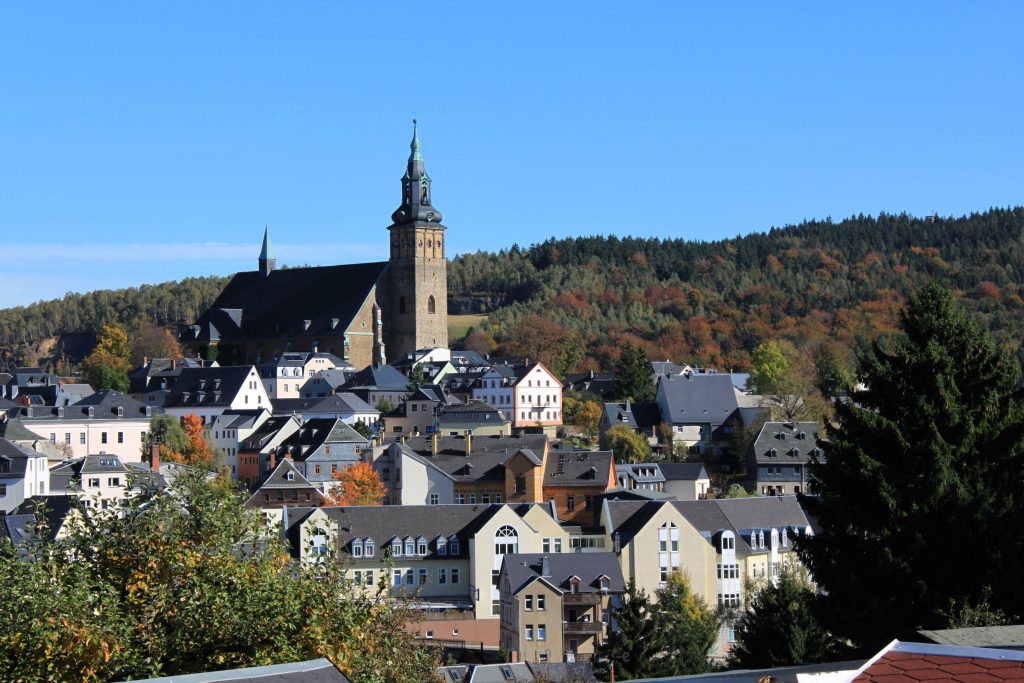Plans for geothermal research project in state of Saxonia, Germany have been cancelled
Announced locally, plans for a geothermal research project that was to develop a geothermal power project in granite formations in the State of Saxonia, Germany have been cancelled. Main reasons are uncertainties related to old mining features and the high cost of the project.
The dream of building a state-of-the-art geothermal power plant in Aue-Bad Schlema in the East of Germany have come to a halt. Reported by Alexander Krauss (CDU), Member of the Federal Parliament in Berlin, the estimated coast of over EUR 50 million for the planned research drilling on a site in Wildbach have been a key reason for the sudden cancellation of the project. “I regret that the preliminary project will not continue, although the reasons are understandable,” he says in local publication Freie Presse. In August, the federal Institute for Geosciences and Natural Resources was still positive on the continuation of the project, as we reported.
The local mayor of Aue-Bad Schlema reacts though with complete incomprehension. “We do not want nuclear power, coal and wind power, so there is not that much left other than geothermal energy.”, so Heinrich Kohl (CDU). That’s why he calls the decision plan-less.
This sudden decision is at least surprising, because only a few weeks ago, the responsible Federal Institute for Geosciences and Natural Resources, BGR, had announced that a preliminary project for the research drilling was successfully completed. The project planned to drill a 5,000 meter well on the site of a former police school. Scientists wanted to explore whether the granite in this corner of the Erzgebirge – the fault zone Roter Kamm – is suitable for a geothermal power plant. The principle behind it: Water is forced through a borehole into the depth and heats up to over 100 degrees Celsius. The heat is then used on the surface to generate energy. There was great hope in the region that after the drilling, the resulting well could be used for a geothermal power plant.
According to Krauss, however, the costs and benefits of the research project are “not reasonable”. Also, the grounds of the old police school are not optimal, as there are legacies from former mining activities. The BGR expresses itself in a similar way, speaking of difficult-to-control geological conditions and unpredictable risks posed by old mining features. Peter Gerling, project manager for the preliminary project at BGR, explains: “Old galleries near the planned project site, could jeopardize the stability for the needed construction activities.” Moreover, because it is not clear exactly where the fault zone runs underground, there is a risk that the project would have become more expensive. Peter Gerling speaks of costs of over EUR 40 million euros, which the federal government was ultimately unwilling to bear. Another EUR 1 million would have been required by the Free State of Saxony to set up the drill site.
Mayor Heinrich Kohl is sceptical on the reasons. The mining legacies have always been known. The mining history was exactly the reason why the area was explored in the first place. He estimates the damage to the region due to the cancellation of the research project to be small, but considers it a missed opportunity.
Source: Freie Presse


















